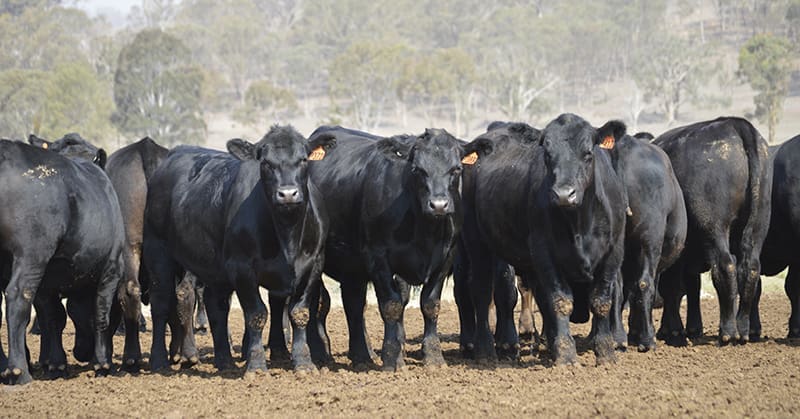
A Queensland-developed vaccine that protects cattle in feedlots from respiratory disease has been given a booster shot after the state government renewed a commercial licence agreement with the vaccine’s manufacturer.
State agricultural industry development minister Mark Furner said the Department of Agriculture and Fisheries and global animal health company Zoetis had renewed the agreement allowing Zoetis to continue manufacturing Rhinogard vaccine for the feedlot industry.
“Rhinogard has a proven track record stretching over 20 years for protecting cattle in feedlots from one of the four viruses associated with Bovine Respiratory Disease,” Mr Furner said.
“Renewing the Rhinogard commercial licence agreement with Zoetis is wonderful news for the feedlot industry, of which 60 percent of the national cattle numbers on feed are located in Queensland.”
It was also great news for DAF, as Rhinogard delivers valuable animal vaccine royalty revenue that is reinvested in livestock research and development, Mr Furner said.
Senior vice president for Zoetis in Australia and New Zealand, Lance Williams, said Zoetis was pleased to renew its manufacturing and sales agreement with the state government.
“Rhinogard is used extensively in feedlots around Australia to prevent bovine herpesvirus 1, one of the viruses associated with bovine respiratory disease, a disease which can be fatal in some cases,” Mr Williams said.
“It is a credit to the Queensland DAF scientists that their hard work created a vaccine that is so widely used to protect Queensland’s and Australia’s cattle herd.”
Mr Furner said BRD was the most significant infectious disease within Australian cattle feedlots.
“About 40 percent of Australia’s total beef production and 80 percent of beef sold in major domestic supermarkets is sourced from the cattle feedlot sector, and has a production value of about $2.5 billion,” Mr Furner said.
BRD affects animal health and causes an estimated $50 million annual cost to the industry through morbidity, mortality, loss of feed resources, medication costs, increased time on feed and associated labour costs.
Rhinogard was developed in 1987 by DAF scientists as a vaccine for one of the viruses contributing to the BRD matrix, and after successful field trials, was registered for commercial use in November 2000.
Source: QDAF
